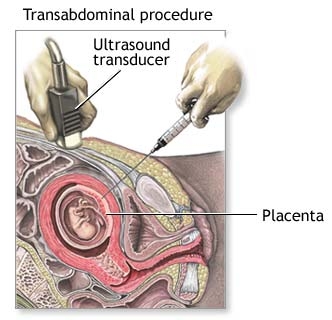There are many different tests you will have to do during pregnancy and one that is given routinely is called a Group B Streptococcus swab. This test is very important and should not be taken lightly. It is a very quick and easy test and has life-saving results with proper treatment.
How Do You Test For Group B Streptococcus?
Group B Streptococcus is a type of naturally occurring bacteria that up to 40% of women normally carry in their intestinal, vaginal or rectal areas. It is not the same as the Strep you would get in Strep Throat. That is caused by Group A Streptococcus. If Strep B is not properly treated in a pregnant mother, this infection can have severe effects on a newborn baby. In newborns, it is the most common cause of sepsis and meningitis. Sepsis is a life-threatening infection of the blood and meningitis is a very dangerous infection of the fluid that surrounds the brain. Group B Strep is also a major cause of pneumonia, an infection in the lungs.
The test to detect this bacteria is given around the 35-37 week mark in your pregnancy. Your doctor will gently swab the vaginal and rectal area and send it into a lab for testing. The results are usually ready in a day or two. You will be notified of your test results and preparations for treatment can be made ahead of delivery.
What happens if you test positive for Group B Strep?
If you test positive, you will be given antibiotics intravenously (through IV into a vein) during your labor. Since this bacteria grows back very quickly, it is no good taking oral antibiotics before delivery. The bacteria will just grow back after you are done taking the course of antibiotics. Treatment right before delivery has been found to be the most effective.
You will also be given a dose of antibiotics if you meet any of the following conditions:
- A previous baby tested positive for Group B Streptococcus
- You had a UTI (urinary tract infection) caused by Group B during your pregnancy
- If you go into preterm labor and haven’t had a chance to get the test done. You will be given the antibiotics as an extra precaution.
- You have a fever during labor.
- Your water has been broken for an extended period of time (around 18 hours).
Although this illness can have severe consequences for your newborn, if you take all the necessary precautions, it can be treated very successfully. For this reason, it is so important you get the care you need and follow through with all routine tests and exams that are recommended during pregnancy.
Additional Resources
https://www.cdc.gov/groupbstrep/general/gen_public_faq.htm


